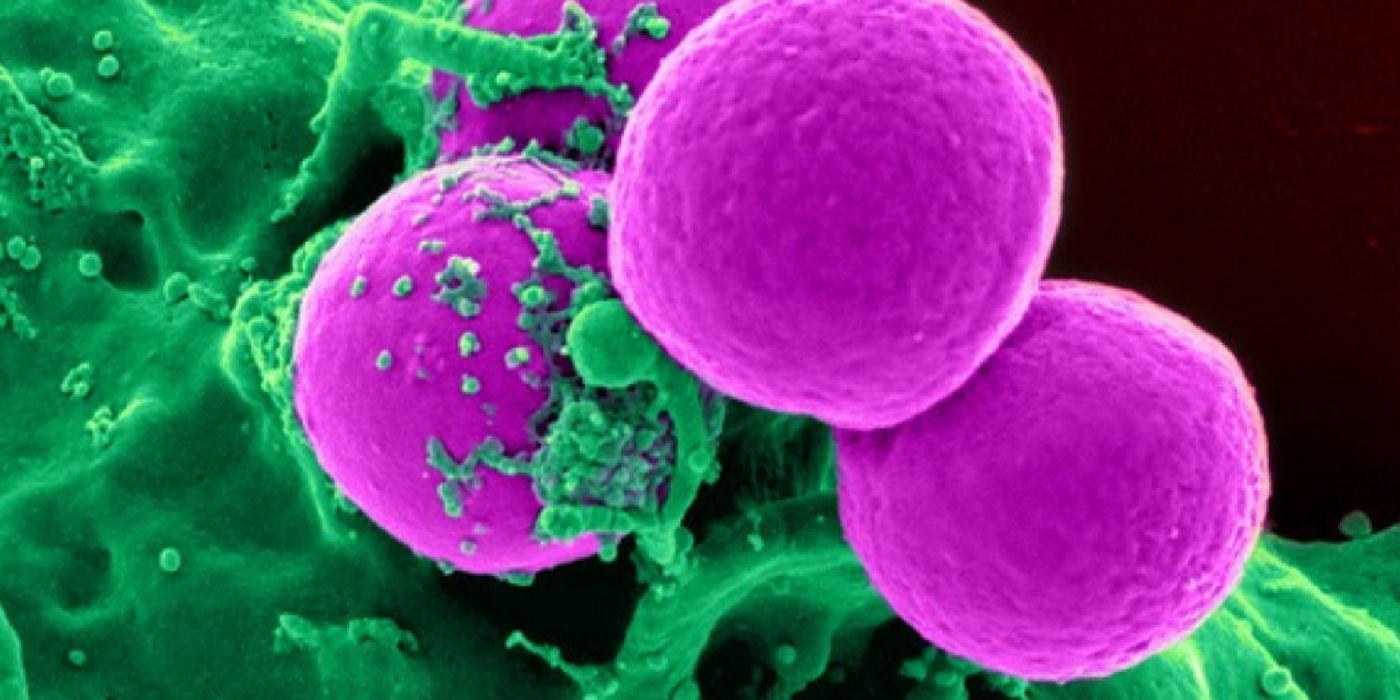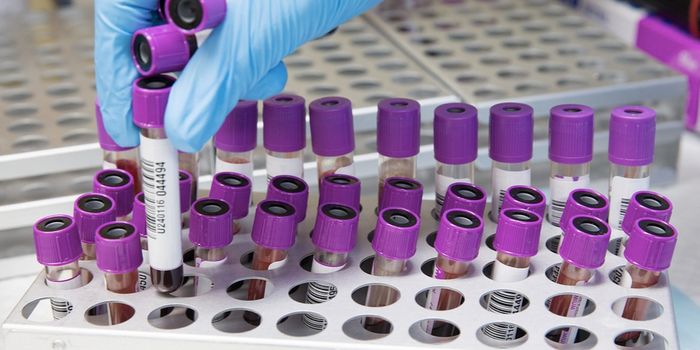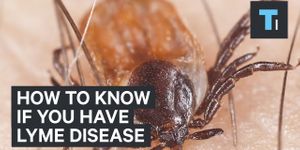Scientists Train Immune Cells to Gobble Up Cancer
Cancer cells evolved to have cunning strategies to protect themselves against the body’s defenses. One of these strategies involve expressing the “don’t eat me tag” so as to fool immune cells into treating it as healthy cells. But now, scientists have wised up to cancer’s tricks and have re-engineered immune cells to recognize and attack these disguised cancer cells.
The body is equipped with immune cells that recognize and attack cells that it perceives as foreign invaders. Macrophages are among these fighter cells. Considered the “first responders,” these cells gobble up diseased and foreign bodies to protect the body. Its name derives from the Greek for “big eater.”
Healthy cells protect themselves from the macrophage’s destruction by expressing CD47, a surface protein that serves as a “marker of self.” But because cancer cells are mutated versions of healthy cells, they also express CD47. Thus, instead of attacking cancer cells, macrophages let these invaders go untouched because they’ve been tricked into thinking these cells are part of the normal system.
Knowing this trickery, scientists at the University of Pennsylvania sought to help macrophages better distinguish between healthy and cancerous cells. They did this by blocking the interaction of CD47 to surface proteins on the macrophages, known as SIRPA.
"Our new approach takes young and aggressive macrophages from the bone marrow of a human donor and removes a key safeguard that cancer cells have co-opted to prevent them from being engulfed," said Cory Alvey, the study’s lead author.
But there was a problem. While modified macrophages would recognize cancer cells as foreign and launched attacks on these, it also attacked healthy cells in a similar fashion. Indeed, previous studies in mice showed that blocking the interaction between CD47 and SIRPA did decrease cancer cells. But the mice also lost healthy blood cells, became anemic, and some even died.
To solve this problem, the team introduced antibodies that were specific to cancer cells. These would allow macrophages to zero in on the cancer cells that are now unmasked and targeted.
"Combined with cancer-specific targeting antibodies, these engineered macrophages swarm into solid tumors and rapidly drive regression of human tumors without any measurable toxicity,” said Alvey.
The team showed that with just two injections, dime-sized tumors shrank by 80 percent. Furthermore, the cancer cell count decreased by 100-fold. "The big surprise," said Dennis Discher, "is that injected macrophages circulate all around the body but accumulate only within the tumors where they engorge on cancer cells." Discher is a professor in Penn Engineering's Department of Chemical and Bimolecular Engineering, and the study’s senior author.
"Safety thus far is likely a consequence of both the relatively small number of engineered macrophages that are injected and their sequestration into the tumors, away from most healthy cells," Discher said.
“The first phase of clinical trials are tests of human safety, so this is a promising start," Alvey said. "The potency of these engineered macrophages is relatively clear, but the crucial issue is how to maximize the anticancer effects while minimizing side effects, namely the engulfment of normal cells." In addition, the team is working to make the anticancer effects longer-lasting.
Additional sources: University of Pennsylvania









